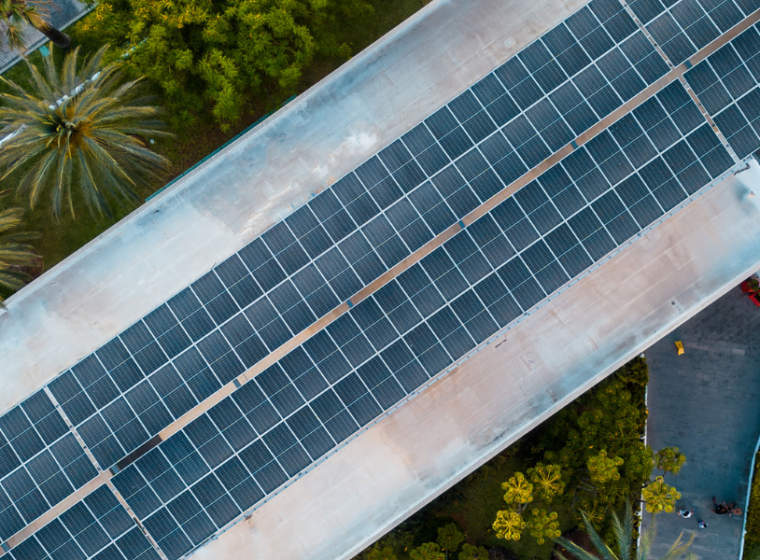Picture this: You are on a business trip, pacing back and forth across your hotel room floor while you take a very important business call. The person on the other end of the line is just about to give you a piece of crucial information when all of a sudden… they cut off mid-sentence.
You hear nothing but silence. It dawns on you that this precious call has just been dropped. You stand, seething with frustration, as you thrust your phone into the air and desperately search for just one little bar of service, to no avail.
Hotels are a reliable hub for conventions, weddings, fundraisers, business meetings, workshops, and banquets. With events being planned left and right, it is crucial that a hotel has adequate WiFi reliability and strength in order to keep guests happy and well-connected.
Why Wireless Site Surveys are Important
Encountering any kind of dead zone, whether it be on a phone or on another piece of technology, can be extremely frustrating for the guests, and in turn extremely detrimental to a hotel’s reputation. A weak WiFi signal is not often expected because we’ve grown so used to having wireless connection almost anywhere that we go.
With the use of wireless site surveys, it is possible to test signal strength at all points of a hotel, minimizing the possibility of shotty WiFi connection.
A wireless site survey is a process of creating and planning a wireless network which then has the ability to deliver better wireless coverage, roaming capability, and data rates. Wireless site surveys can map out a hotel’s infrastructure to evaluate how WiFi signals will travel through the building, thus testing their strength and coverage.
They can also help you determine what kind of equipment you will need, where it will be placed, and how it should be installed. There are two types of wireless site surveys most widely used in hotels:
Passive Site Survey
A passive site survey tool can tap into existing access points (APs) inside and outside of your building to discover signal strength, coverage, and any kind of interference. It is the most inclusive type of wifi survey, covering the most important wireless characteristics. In a passive site survey, the tool is not connected to any WiFi network.
The software scans networks and channels in the area to measure noise levels and signal strength. This can be helpful by providing details about the interactions of different APs regarding overlap interference and channel assignment. While passive site surveys are great, however, they do not measure WiFi performance characteristics.
Predictive Site Survey
Predictive site surveys are performed before a hotel is even built, which can be extremely helpful for budgeting purposes. Predictive site surveys use WiFi planning software tools and heat maps to predict AP wireless coverage.
Building floor plans are uploaded into predictive site survey software to create a wireless network design. The survey tool can factor in what kind of material the hotel will be built with, the square footage of the space, the types of applications, and other variables to determine the most reliable wireless plan.
Though this type of survey is optional, it has been proven useful when building a hotel and determining its WiFi needs. Predictive site surveys are also not only more cost-efficient than other onsite surveys, but the survey completion time is significantly shorter.
When it comes to guest satisfaction and security, any successful hotel will utilize both forms of WiFi site surveys. Both passive and predictive site surveying can be useful when establishing a strong WiFi connection. Passive surveying can help discover other APs in the area, monitoring interference, and signal strength while predictive surveying can establish adequate service before the hotel is even built.









